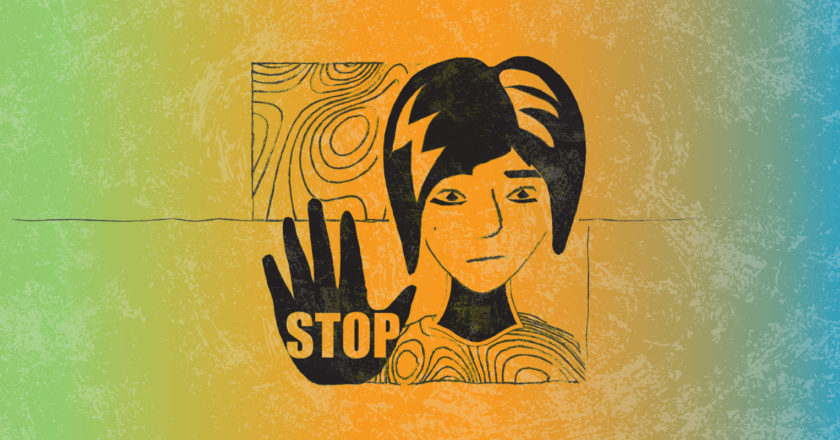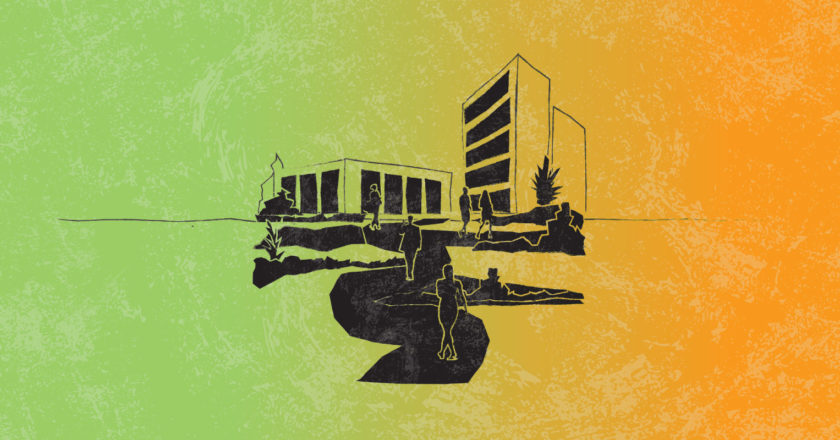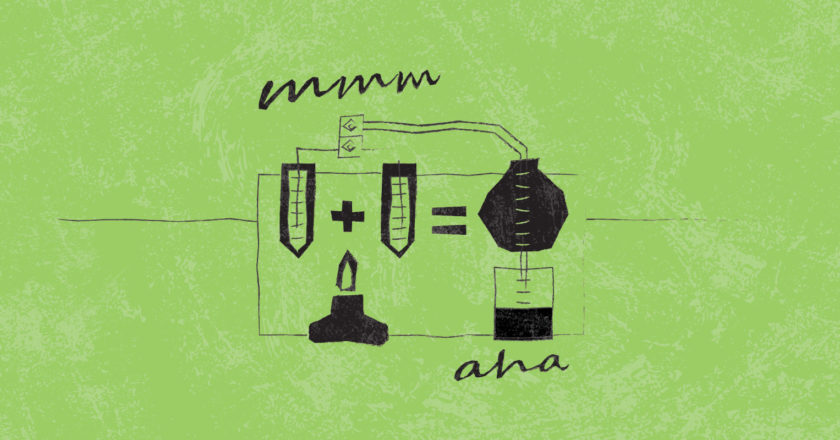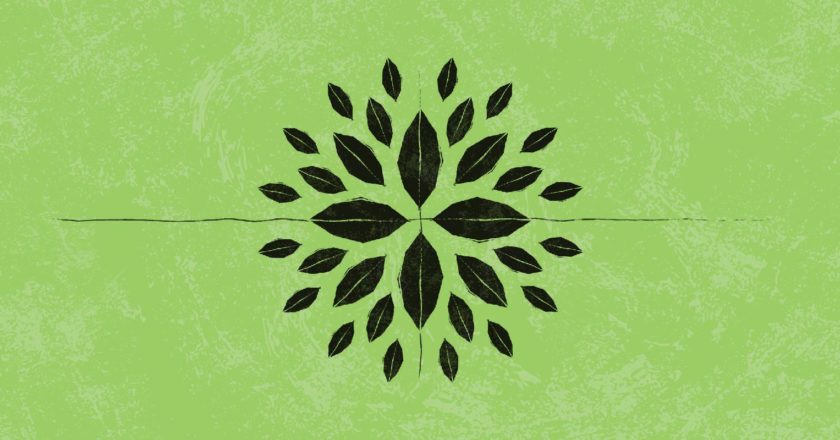When you see bullying, act. One of the most important things people can do is not to become a “passive bystander” when others are being bullied.


When you see bullying, act. One of the most important things people can do is not to become a “passive bystander” when others are being bullied.

Many STEM careers and college courses are thought to focus on “computer work” without much emphasis on the human interaction necessary for success. Oftentimes, however, collaboration with peers can be daunting but necessary to advance one’s studies and career.

To me, “honors” is about the quality of your work, the quality of your thinking. It’s not about whether you can do this full time.

Video. The transition to university is major, major change, right? And, autistic people, we often thrive on predictability. It’s really valuable to spend some time exploring the physical environment of a university campus before you start.

One thing to keep in mind no matter where you end up—be it a friend’s house, your family home, or a relative’s place—is that if you begin to feel overwhelmed by the new environment or sudden transition, you should look for a quiet place to gather your thoughts. Don’t worry about exiting a stressful situation and seeking a solitary spot to calm yourself.

Audio interview. “It happens to people teaching in any kind of academic discipline, where students think [their instructors] can give them advice on things that they’re really not qualified to talk about. We’re discipline experts.”

What you do during class is, in the long term, far more important than any exam or any homework you ever have. Most courses have a lecture component, but even in earlier courses professors will encourage discussion about key concepts.

Audio interview. Dr. Schalomon: “If you don’t quite know what the student needs, go to the student and ask.”

Video interview. Brief discussion of one student’s success auditing classes on a community college campus in preparation for the transition to higher ed.

In most cases, it’s not the facts that count; it’s what you do with them. Even in an introductory foundation course, raw knowledge only gets you so far.